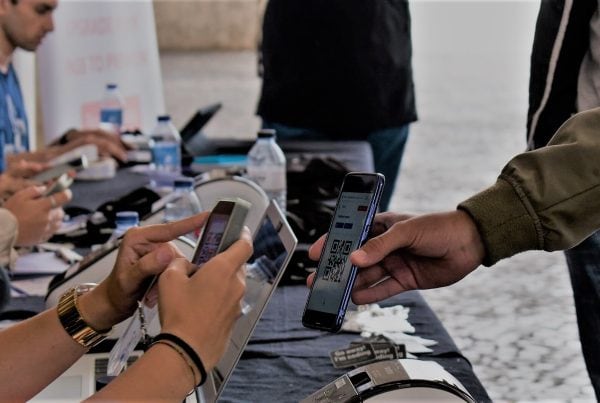Global events industry, represented by over 26 million professionals world-wide, are facing tough times due to the coronavirus pandemic. Everyone has a COVID-19 cancelation episode by now. From government and public health restrictive regulations to an overall mood of apprehension amongst the public, there are many constraints that are leading to the widespread cancellation and postponement of events. And it is understandable why event planners are struggling to deal with both near- and long-term decisions when confronting uncertainties for the future.
So, we should probably reflect on some key questions to accomplish this. Assuming that measures to limit public gatherings might last for some time, what could be the next step for the events industry? What are the main motivations to forward business continuity and to avoid supply-chain disruption? And what can be the role of business service providers? We believe that this reflection will play an essential role in the world’s economic recovery from COVID-19, especially when there is a dire need for event planners to balance two main priorities: to ensure health and safety upon all parties involved and to meet financial obligations – or at least to reduce losses and borrowing costs.
Driven by social distance and temporarily away from human connection, event planners must rethink their live events towards digital. In a short term, online will have sole control over event and meeting planning. Everybody is doing free webinars and similar events so they can maintain a relationship with their target audience. But does it pay the bills? At some stage, those will have to be paid. There is no such thing as a free lunch, and this leads us to another relevant question. How will the expected economic downturn impact people’s financial affordance?
Hybrid Events can become a trend
Even when social restrictions soften, a hybrid format may be the future of events, since uncertainty is still up in the air. Will people be receptive to be in crowded groups so soon, after months of social distancing? The success of future events can be easily tailored if we imagine small meetings of local groups (in-person audience), broadcasting to remote attendees (online audience) without the need for them to travel or be there in person. We will probably start to see small VIPs gatherings and very targeted events that will slowly evolve into midsize events with an integration of technology to reach larger audiences. Attendee entrance control and optimal check-in procedures will be a must have. Return to normal will be gradual.
If all rescheduled events go ahead, how will the mass occurrence of simultaneous events impact the availability of live events service providers? Reflecting on this question, event planners can also minimize that problem with hybrid events. But as technology will help solving logistics issues, promoting digital interactions and saving costs, while being environmentally friendly, it will require a stronger infrastructure. And here is where business service providers come into play – in fact, a lot of new platforms are appearing and growing faster as businesses rush to adapt. It will be the time for cloud service providers, event technology partners and channel partners that can deliver solutions either globally and-or locally.
Going into the subject in depth, to stage a successful hybrid event will imply a higher focus in ROI and the reevaluation of solutions like video live streaming, lead capture & engagement tools, access control, advanced event ticketing, live integration with online video platforms, live interaction pools, among others. By the way, is your event sharing contacts like this?
Event planners will also need to rethink their physical and cyber security measures, bearing in mind their integration.









